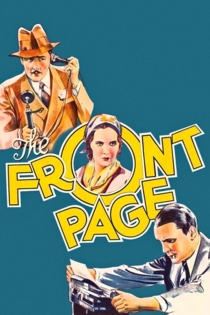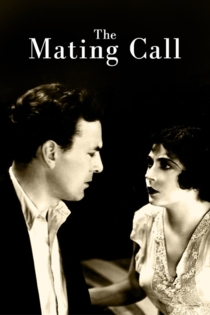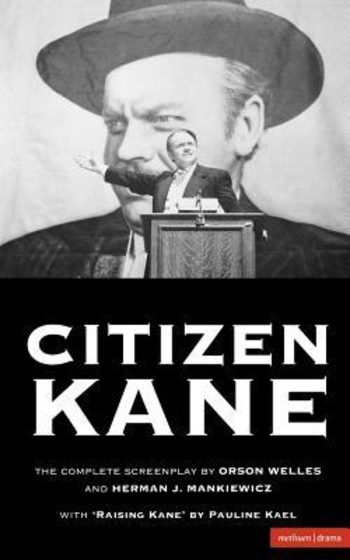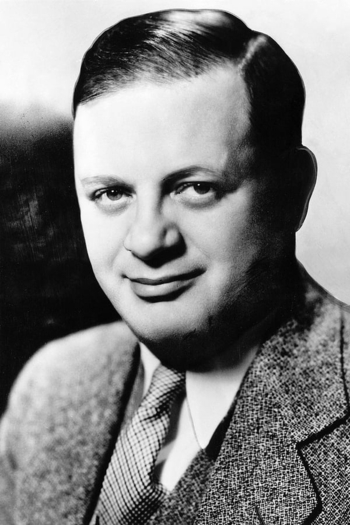
Herman J. Mankiewicz
1897 - 1953He was often asked to fix the screenplays of other writers, with much of his work uncredited. Occasional flashes of what came to be called the "Mankiewicz humor" and satire distinguished his films, and became valued in the films of the 1930s. The style of writing included a slick, satirical, and witty humor, which depended almost totally on dialogue to carry the film. It was a style that would become associated with the "typical American film" of that period. Among the screenplays he wrote or worked on, besides "Citizen Kane", were "The Wizard of Oz", "Man of the World", "Dinner at Eight", "Pride of the Yankees", and "The Pride of St. Louis". Film critic Pauline Kael credits Mankiewicz with having written, alone or with others, "about forty of the films I remember best from the twenties and thirties. ... he was a key linking figure in just the kind of movies my friends and I loved best.".
Mankiewicz was an alcoholic. Ten years before his death, he wrote: “I seem to become more and more of a rat in a trap of my own construction, a trap that I regularly repair whenever there seems to be danger of some opening that will enable me to escape. I haven’t decided yet about making it bomb proof. It would seem to involve a lot of unnecessary labor and expense". A future Hollywood biographer went so far as to suggest that Mankiewicz’s behavior “made him seem erratic even by the standards of Hollywood drunks.” Herman Mankiewicz died March 5, 1953, of uremic poisoning, at Cedars of Lebanon Hospital in Los Angeles.
Citizen Kane
Orson Welles
Orson Welles, Joseph Cotten
Newspaper magnate, Charles Foster Kane is taken from his mother as a boy and made the ward of a rich industrialist. As a result, every well-meaning, tyrannical or self-destructive move he makes for the rest of his life appears in some way to be a reaction to that deeply wounding event.
Citizen Kane
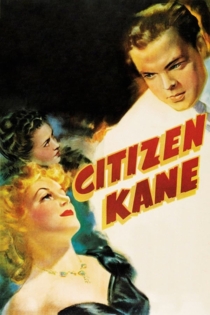
The Front Page
Lewis Milestone
Pat O’Brien, Adolphe Menjou
Hildy Johnson is an investigative reporter is looking for a bigger paycheck. When an accused murderer escapes from custody, Hildy sees an opportunity for the story of a lifetime. But when he finds the criminal, he learns that the man may not be guilty. With the help of his editor, Hildy attempts to hide the convict, uncover the conspiracy and write the scoop of his career.
The Front Page
